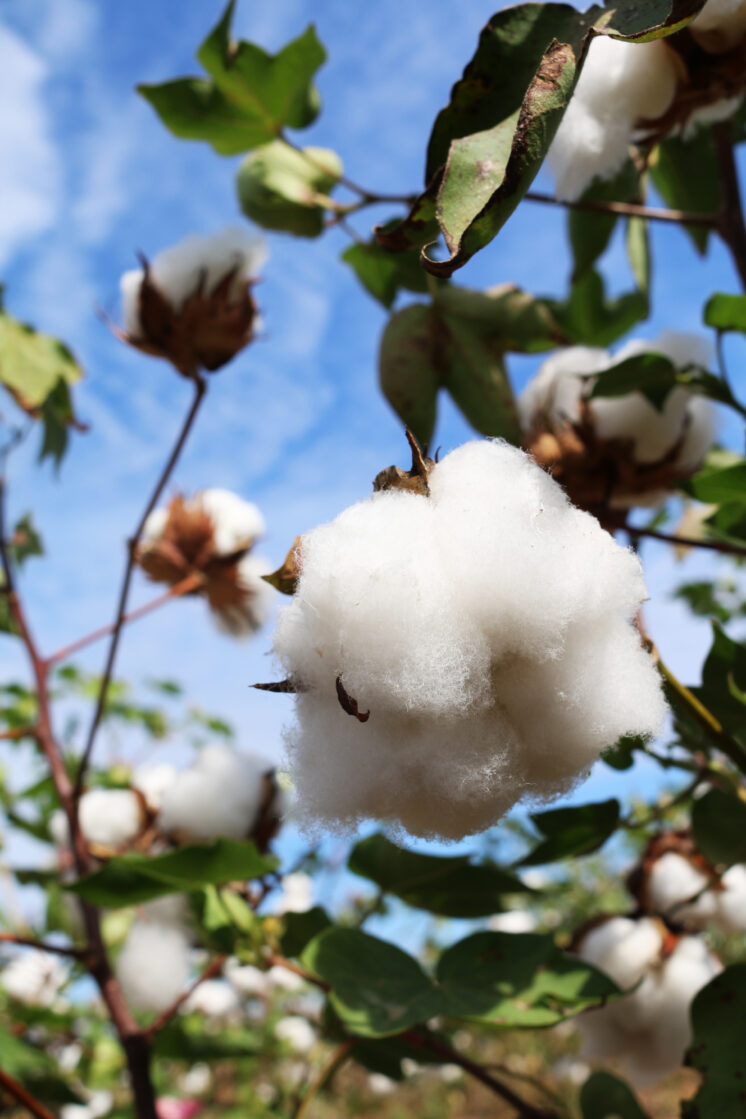Corporate narratives often deny a company’s involvement in human rights abuses or the testimony of affected people. Civil society groups can sometimes counter these harmful narratives by using scientific tools and research.

Isotopic testing “Isotopic testing is a type of analysis of isotopes, a particular kind of atom. Atoms of one specific chemical element have an equal number of protons and therefore occupy the same place in the periodic table. These same atoms, however, may have two or more distinct forms in relation to the number of neutrons they have. Atoms from the same element but with different numbers of neutrons and masses are called isotopes, meaning “same place” in Greek. Isotopic testing measures the ratios of different isotopes of the same element in a range of substances. These ratios, or signatures, change over time because of decay and exposure to chemical processes and radiation. Because conditions such as climate and geology differ around the world, different places will also leave behind different isotopic signatures. Consequently, differences in the isotopic composition in a substance may therefore provide information about its origin.”[1] of agricultural products is one example. Isotopic testing is a type of scientific analysis that can provide information about the geographic origin of a substance. This can help counter corporate efforts to obscure the origin of products (or elements of their products) that may be linked to human rights abuses.
Civil society tests German brands’ responsible cotton sourcing claims
Since 2017, civil society groups have raised concerns about the massive and systematic oppression of ethnic groups in Xinjiang, particularly the Muslim Uyghur minority, including through arbitrary detention in so-called “re-education” camps, forced assimilation, and torture and ill-treatment, including forced labour.[2] Xinjiang is a key source of agricultural products in China, particularly cotton, and there is evidence suggesting that minority groups have been forced to harvest cotton and sew clothes.[3]
Several German clothing brands claim they do not source cotton from Xinjiang. German investigative organisation STRG_F, in collaboration with Agroisolab, a laboratory focusing on isotopic analysis, and the University of Applied Sciences Niederrhein, tested these claims by analysing cotton from the brands’ clothing.
Isotopic testing detected cotton from Xinjiang in items of the German brands’ clothing. Nevertheless, when presented with evidence rebutting their claims, all of the brands continued to assert that they did not source cotton from Xinjiang.
ECCHR, 'Adidas, Hugo Boss, Puma and Co.: Sourcing cotton produced with forced labor?'
These claims are now being tested in European courts. In 2021, the European Center for Constitutional and Human Rights (ECCHR) filed criminal complaints in Germany and the Netherlands, as well as France, against European clothing brands allegedly using Xinjiang cotton. The isotopic analysis of the cotton used in their clothing may be submitted as evidence in these cases.
Civil society investigates possible mislabelling of products from illegal Israeli settlements sold in European supermarkets
SOMO, 'Testing the occupation'
Isotopic analysis has also been used to help expose how products labelled ‘Made in Israel’ and sold on the European market in fact originate from illegal Israeli settlements in the West Bank (occupied Palestinian territory) or the occupied Syrian Golan Heights. Among other things, this practice violates EU labelling rules and consumers rights, and hides the illegal origins of these products.
The isotopic tests conducted at Vrije Universiteit (Amsterdam, the Netherlands) in collaboration with Mind the Gap consortium partner SOMO found that isotopic analysis alone cannot distinguish agricultural products from Israel from those from illegal settlements in the West Bank. However, because products from north-eastern Israel and the Occupied Syrian Golan have a common and distinct isotopic fingerprint, isotopic analysis may be useful in telling these apart from products grown in other parts of Israel (or the Occupied Palestinian Territory). Isotopic testing could, for example, confirm that wine from the Occupied Syrian Golan was mislabelled as being produced in Israel.
[1] SOMO, ‘Testing the occupation,’ 11 May 2022, https://network.somo.nl/testing-the-occupation/ (accessed 9 November 2022).
[2] Amnesty International, ‘“Like we were enemies in a war”: China’s mass internment, torture and persecution of Muslims in Xinjiang,’ 2021, https://xinjiang.amnesty.org/ (accessed 9 November 2022); OHCHR, ‘OHCHR Assessment of human rights concerns in the Xinjiang Uyghur Autonomous Region, People’s Republic of China,’ 31 August 2022, https://www.ohchr.org/sites/default/files/documents/countries/2022-08-31/22-08-31-final-assesment.pdf (accessed 9 November 2022).
[3] See Amnesty International’s report, particularly footnotes 633, 635, and 636.

